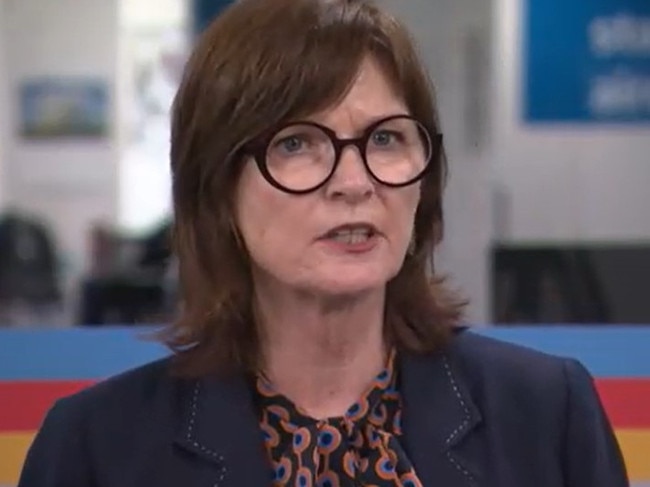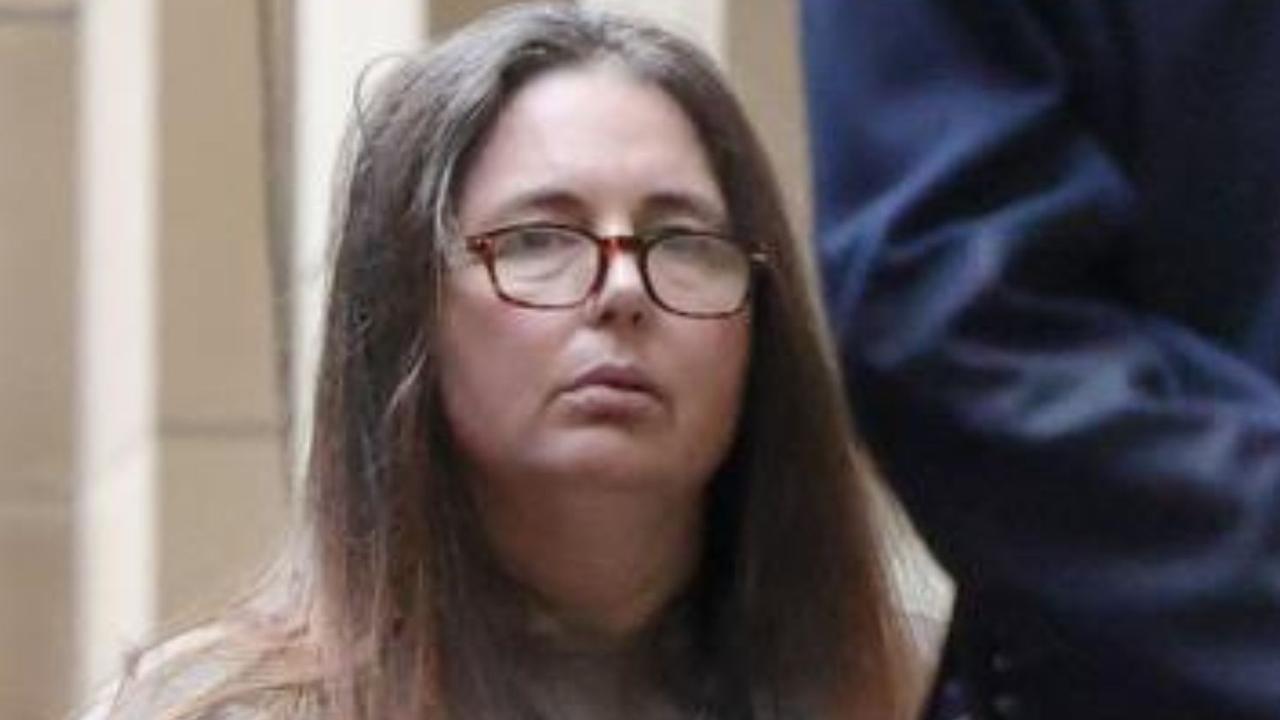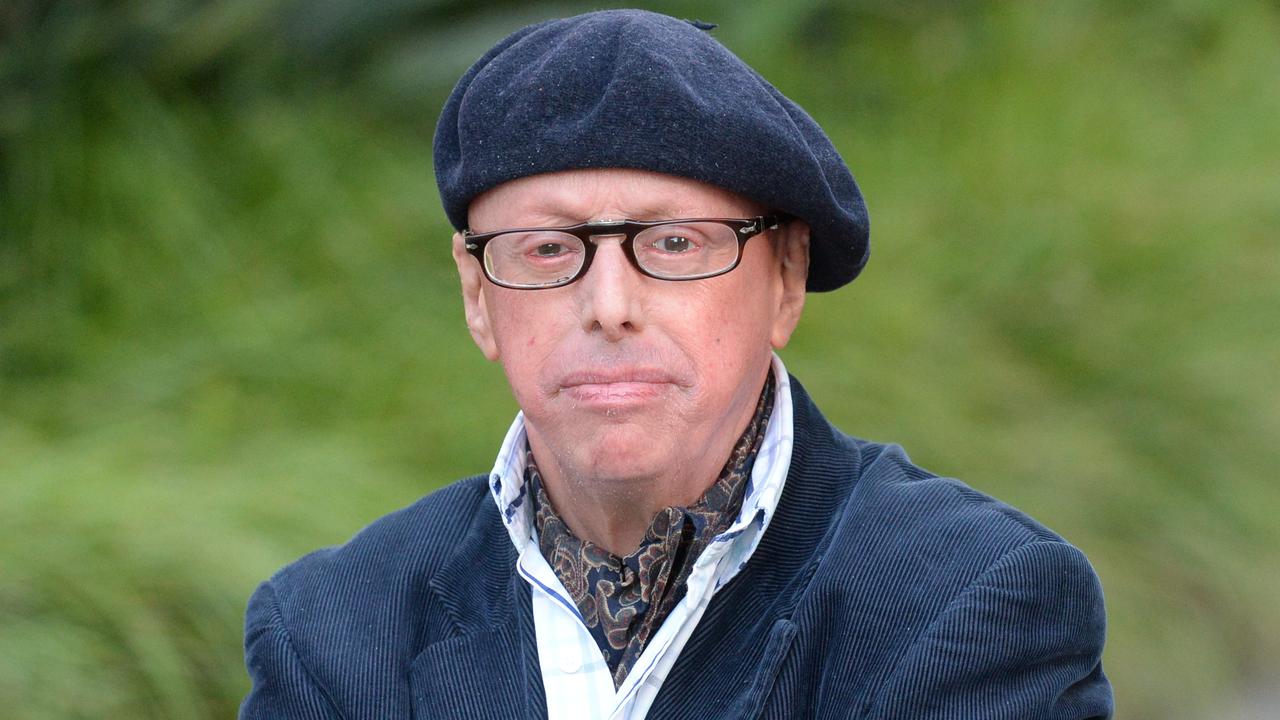Law preventing doctors discussing voluntary assisted dying may soon be scrapped
A law gagging Victorian doctors from broaching the topic of voluntary assisted dying with their terminally ill patients may soon be scrapped.

Victoria
Don't miss out on the headlines from Victoria. Followed categories will be added to My News.
Victorian doctors would be given a green light to discuss the prospect of voluntary assisted dying with terminally ill patients as part of a major overhaul to make it easier for people to access the end-of-life treatment.
A review of voluntary assisted dying (VAD) in Victoria, tabled in parliament on Thursday, found that while the scheme is working adequately, some of the safeguards currently “impede access, undermining patient-centred care, and would benefit from improvement”.
The option of voluntary dying is currently only available to people who face imminent death because of an incurable disease, illness or medical condition.
To be eligible, a person must be 18 years or older, have decision-making capacity, and be diagnosed with an incurable disease, illness or condition that is expected to cause death within six months.
New legislation, expected to be tabled in parliament by the end of this year after consultation with stakeholders, would push that six month life expectancy rule out to 12 months.
Patients with terminal diagnoses would also only need to obtain a second medical opinion, rather than the current requirement to get a third assessment.
The government would also scrap a law that has gagged doctors from initiating conversations about voluntary assisted dying with patients that suffer from life limiting terminal illnesses. Doctors, however, would still be required to also discuss other alternatives, such as palliative care.

Victoria was the first state to pass voluntary assisted dying laws in 2017, which came into effect from 2019. Since then, every other jurisdiction — except for Northern Territory — have followed suit.
The five-year review of the operations of Victoria’s voluntary assisted dying program found that while the system is “operating as intended” by providing a safe and compassionate end of life choice, some processes and safeguards are blocking access for people in need.
“While groundbreaking at the time of its commencement, the Victorian model of VAD is now widely regarded as a conservative model in Australia,” the review said.
Dying with Dignity Victoria president Jane Morris said the changes would make the process “so much easier” after hearing “horrendous” stories of people that were turned away from the option.
“There are many stories and this is why I’m so very emotional ... to hear about how these problems are going to be addressed,” she said.
“Victoria had been the leaders with voluntary assisted dying legislation. For a short while, we’ve become the laggards but we’re certainly on the rise again.”
Labor MP Emma Vulin, who was diagnosed with Motor-Neuron Disease last year, welcomed the changes, adding that people with terminally ill conditions deserved choice.
“This is definitely something I will be considering during my journey and it’s good to know that I will have to see two doctors, not three anymore, to get what I need moving forward,” she said.
Health Minister Mary-Anne Thomas said it was clear more needed to be done to ensure people could access compassionate end of life care.
“While our Australian-first voluntary assisted dying laws are giving Victorians the dignity of making their own decisions about the timing and manner of their death, we know we need to update them to ensure they remain fair,” she said.
“Reforming our VAD laws to bring them in line with other states is critical to maintaining a service that is accessible to all Victorians, no matter where they live.”
Legislation is set to be put before the Victorian parliament later this year. Labor MPs, who are ordinarily required to take the party line on all votes, will be given a conscience vote as to whether they will support the proposed changes.
Opposition health spokeswoman Georgie Crozier said she would await the details of the legislation.
In December last year, a Victorian coroner called for a review of the eligibility requirements after an alarming number of people suffering debilitating diseases took their own lives when being found ineligible.
Since 2019, 1282 Victorians have accessed VAD services.



